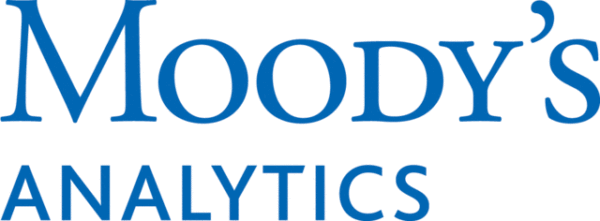Moody’s Investors Service is warning that difficulties in the banking industry are not nearly over and could still impact the broader economy.
CNBC writes, “The ratings agency said regulators and policymakers ‘acted swiftly’ to address stresses that ensued from several bank failures and reports of problems with others. While Moody’s said it generally expects the response to control the liquidity and funding issues, it said that isn’t assured.
‘In an uncertain economic environment and with investor confidence remaining fragile, there is a risk that policymakers will be unable to curtail the current turmoil without longer-lasting and potentially severe repercussions within and beyond the banking sector,’ Atsi Sheth, managing director of credit strategy, and others said in a report.
‘The longer that financial conditions remain tight, the greater the risk that stresses spread beyond the banking sector, unleashing greater financial and economic damage than we anticipated in our baseline,’ they added.
The analysts said the “spillovers” would occur through exposure to troubled banks, heightened risk aversion and policy mistakes.
MarketWatch noted that “Moody’s warning came as Treasury Secretary Janet Yellen indicated that the U.S. could take additional actions if needed to stabilize the banking system, and after Federal Reserve Chairman Jerome Powell assured Americans on Wednesday that the central bank would use its tools to protect depositors.
Of the three ways in which banking-system troubles could spill over more broadly, one of them is potentially the ‘most potent,’ according to Moody’s: That is a general aversion to risk by financial-market players and a decision by banks to retrench from providing credit. Such a scenario could lead to the ‘crystallization of risk in multiple pockets simultaneously,’ the ratings agency said.
‘Over the course of 2023, as financial conditions remain tight and growth slows, a range of sectors and entities with existing credit challenges will face risks to their credit profiles,’ the Moody’s team wrote. Banks are not the only type of players with exposure to interest-rate shocks, and ‘market scrutiny will focus on those entities that are exposed to similar risks as the troubled banks.’
A second potential channel for spillover is through the direct and indirect exposure to troubled banks that private and public entities have — via deposits, loans, transactional facilities, essential services, or holdings in those banks’ bonds and stocks. And a third way in which banking problems could spread more broadly is through a misstep by policy makers, who have been focused on inflation and may not be able to respond effectively enough to evolving developments, Moody’s said.”
Amidst bank failures at Silicon Valley Bank and others, the Biden Administration has announced that they would guarantee the deposits of everyone who held savings, regardless of how much money they had saved over the FDIC’s cap of $250,000.
Stocks on Wall Street finished lower this past week as investors aimed to balance the Federal Reserve’s decision to raise interest rates by a quarter of a percentage point despite the banking sector facing substantial credit risks due to interest rates.
[Read More: Major Cure Announced By A Couple Huge Pharma Companies]



